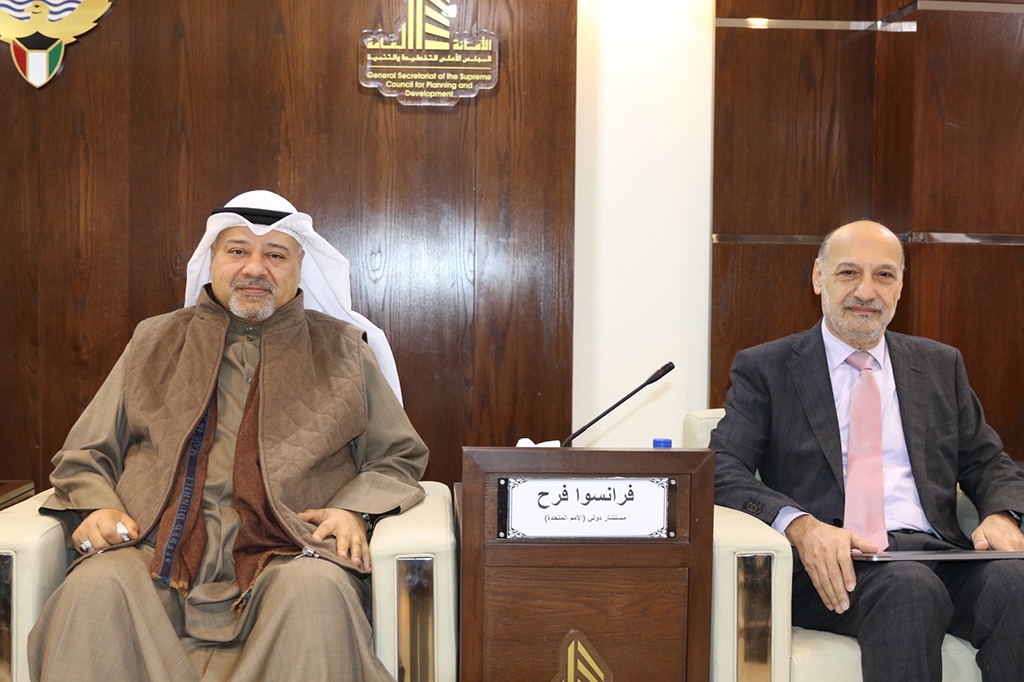KUWAIT: Kuwait's social policy will give priority to the empowerment of women, supporting early-childhood and developing the education and health sectors, said Dr Khaled Mahdi, general secretary of the Higher Council for Planning and Development on Thursday.
The lecture, titled "International Experiences in Building Social Policies to Enhance Economic Growth" was organized by the Kuwait Center for Public Policies. It explored modern mechanisms for creating social policies which achieve social welfare and how to sustain it, with a focus on inclusion and empowerment. The lecture also discussed the concepts of equality, justice and equal opportunities, as well as how to protect low-income groups, using Canada and Denmark as examples.
"Kuwait's social policies are always mentioned in development plans as they are related to education, social security, early childhood development, health care, women's empowerment and economic integration," he explained. "The general focus is on concepts related to early childhood and women's empowerment, because it is considered the main entry point for any long-term social change through," said Mahdi.
The Kuwait Center for Public Policies since its founding in 2017 has established itself as a main source for crafting national public policies for Kuwait based on research and studies, added Mahdi. The center hosts a group of the best international lecturers to talk about successful international experiences, giving Kuwait the opportunity to formulate its local policy internally.
"There is confusion between social policies such as health, education, work and education, which are considered social sectoral policies, and integrated social policies, which are public and are concerned with empowering and providing security to all segments of society," said United Nations expert, Francois Farah, who was present at the lecture.
"Social policies also aim at ensuring equal access to basic services and opportunities. These policies also assume the establishment of controls in society that prevent exploitation at the expense of the group." Farah added that Arab countries need to focus on caring for youth when developing integrated social policies. He said that the policies associated with them are long-term meaning that it could take a long time to reap their benefits.










